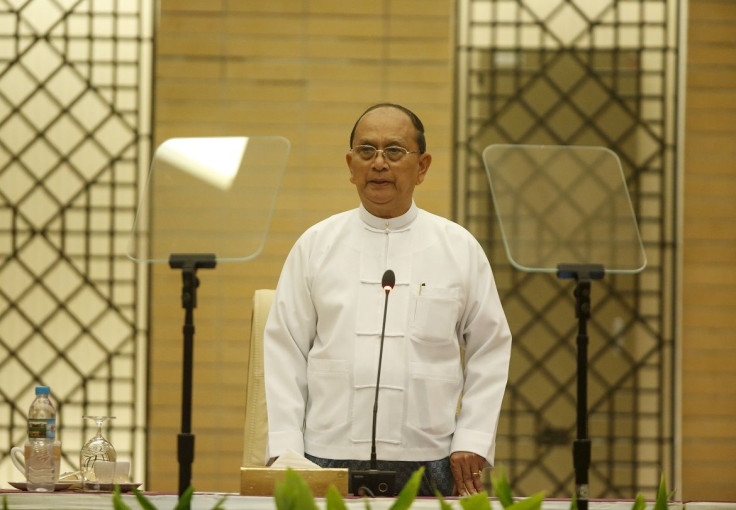Political exiles set to contest Myanmar November elections

Political exiles of Myanmar, who had to leave their home nation under pressure from the military regime State Law and Order Restoration Council (SLORC), are now ready to return for the country’s elections in November.
Increasing global attention on the nation has made it important for the political exiles to go back to Myanmar and participate in the political affairs. The chair of the Democratic Party for a New Society, or DPNS, Aung Moe Zaw, said that even though they were out of their country for a long time, they still take interest in its political affairs.
“For almost 30 years, even though we were outside the country, we have been involved in its political affairs. Every day we are in this,” Zaw stressed in an interview with the ABC. “We came back because we want to participate in the political process. But really we never left our country. We never left.”
Zaw and his party members lived in exile on the Thai-Burma border for decades and are now ready to take part in the political process and contest 21 seats in the country's general elections, scheduled to be held on Nov. 8. There are over 660 seats to be contested in the national assembly elections in Myanmar.
In 1990, the SLORC banned the DPNS, which was the major political rival of the National League for Democratic Party (NLD) led by Aung San Suu Kyi. SLORC was known for its brutal rebel actions.
Prior to 2010, Myanmar was completely controlled by a military dictatorship which had prevailed in the country for five decades. Five years ago, however, the ruling junta under General Than Shwe took a promising step to end the rule of the military and enhance the nation’s economy, in addition to releasing political prisoners including Suu Kyi from house arrest.
Several DPNS members were compelled to leave the country. Some of the members were released after the initiative taken by Shwe, while the rest were released from arrest after a presidential amnesty was passed in 2011 by President U Thein Sein. The November election in Myanmar is the first ever general parliamentary political process of the nation.
“After the 2010 election, and after the first speech from the president, we felt there would be some kind of changes happening in the country. Then the president invited organisations back to work within the framework for national reconciliation,” Zaw said.
Contact the writer at feedback@ibtimes.com.au, or let us know what you think below.




















